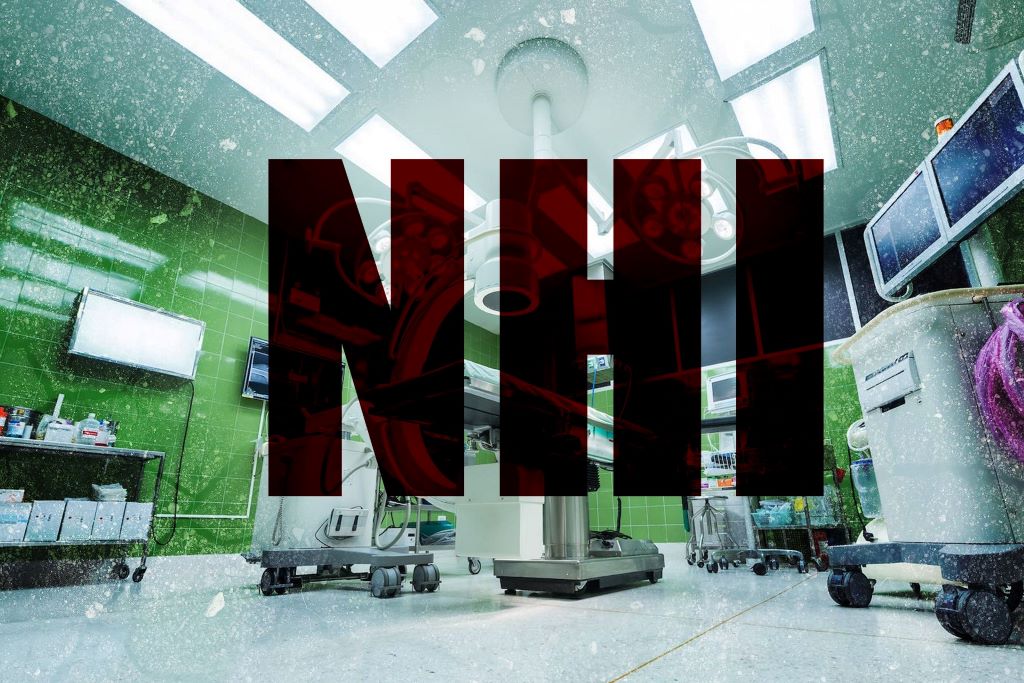
Craig Comrie, chairperson of the Health Funders Association
Wednesday, 25 September 2024, The passage of the National Health Insurance (NHI) Bill into an Act of law has set the stage for one of the most significant overhauls of South Africa’s healthcare system. As the government embarks on this ambitious plan, the stakes have never been higher. The NHI Act is more than a mere piece of legislation; it stands as a test of constitutional rights and the nation’s commitment to fostering a more inclusive and equitable society.
The Health Funders Association (HFA) welcomes the meeting between President Cyril Ramaphosa and Business Unity South Africa (BUSA) leadership on Tuesday, 17 September, to discuss the NHI as a positive step.
As a member of BUSA, we find it encouraging that the Minister and Deputy Minister of Health, along with other senior officials, were part of this constructive and forward-looking discussion. We can only hope that these recent discussions will mark the start of a series of engagements with key stakeholders, as the South African government must engage in open dialogue with all stakeholders, including private healthcare providers, medical schemes, and the general public. HFA will provide industry input to BUSA’s presentation to the President to help propose workable solutions to set South Africa’s healthcare train on the right track with inclusive mechanisms that will benefit all.
Constitutional rights and freedom of choice
The critical questions about the Act’s constitutional validity, economic feasibility, and potential impact on both public and private healthcare sectors, specifically the role of medical schemes, remain unanswered.
Recently, during a Q&A session, the President reaffirmed his belief that the Act is constitutionally sound but he declined to share specifics on how this conclusion was reached. In response, the Health Funders Association (HFA) will test various aspects of the NHI’s constitutionality, which is crucial for establishing a stable healthcare framework that delivers quality health services for all South Africans.
This is a critical juncture for politicians, policymakers and every South African who relies on the nation’s healthcare services – private and public sectors alike. Against this background, the HFA is seeking to strike a balance between much-needed healthcare reforms and the hard-hitting risks of the NHI Act that demand amendments.
Government has been adamant about the NHI’s transformative potential to address inequalities in healthcare access, contending that the NHI is aligned with Section 27(1) of the Constitution, which guarantees the right to access healthcare services, including reproductive healthcare.
On the other hand, this part of the Act cannot be read without the consideration of Section 36 which indicates that existing rights should not be compromised if there are alternative ways to achieve, in this case, universal health coverage. This is a key part of responding to the President’s invitation for alternative proposals that stand a more realistic chance of achieving a partnership with the private sector for improving healthcare for consumers.
Any alternative proposals provided by the private sector will come with the need to amend the current. The Act, if left unchallenged in its current form, can be likened to letting the healthcare train run on a single track of public sector inefficiency. By adding the private sector as a parallel track – both heading in the same direction towards universal healthcare coverage, we can stabilise and accelerate the journey.
The medical scheme sector effectively provides funding to the majority of services in the private sector with less than 10% of health consumers paying for services out of pocket in the private sector. This population group serves a significant portion of the taxpaying population, yet its role in the new system remains ambiguous. Will private healthcare consumers be forced to rely solely on centrally procured services, or will there be room for a coexistence that stands a better chance of laying the track towards a successful healthcare future that can benefit all South Africans?
Transparency and collaboration are essential in addressing the questions surrounding the NHI’s financial viability, human resource capacity, and broader economic impact. The future of South Africa’s healthcare system hinges on finding a balanced approach that ensures quality, accessibility, and economic sustainability for all citizens.
The government proposes funding the NHI through general taxes and mandatory payroll contributions. However, this plan has been met with scepticism as it raises considerable questions about the economic burden on taxpayers, particularly given the country’s high unemployment rate of 33.5% and sluggish economic growth rates of around 0.4% in the second quarter of this year. Critics argue that increasing tax rates to fund the NHI could backfire, reducing overall tax revenue, as highlighted by the Laffer Curve, which suggests that higher taxes can lead to lower revenue if they exceed an optimal rate.
Where will the healthcare professionals come from?

The public healthcare sector faces its own set of challenges. Reports indicate that the quality of care in public health facilities is often subpar, with systemic inefficiencies and resource constraints leading to poor health outcomes. The sector is grappling with high vacancy rates for healthcare professionals, exacerbating the strain on an already overburdened system. As it is, South Africa is already facing a severe shortage of medical personnel, with the vacancy rate for doctors ranging from 22.4% in the Free State to 5.5% in the Western Cape, while the national average vacancy rate for nurses stands at 14.7%.
The current system is struggling to fill thousands of vacancies for doctors, nurses and allied healthcare professionals, with over 2 000 unfunded vacant posts for medical doctors across nine provinces requiring an estimated R2.4 billion to fill them. Many provinces report alarming doctor vacancy rates: 18.5% in Mpumalanga, 17.6% in Limpopo, and 11.3% in KwaZulu-Natal, among others. The shortage is not just a numbers game; it affects the quality of healthcare that can be delivered. These figures raise serious concerns about the system’s capacity to deliver reliable and accessible healthcare services hampered by corruption and lack of proper leadership and management.
We must consider the strain this places on those simply trying to cope with the current healthcare demand from a growing population. The NHI aims to provide universal health coverage, but where will the necessary healthcare professionals come from?
The way forward
The NHI is not the only solution to South Africa’s healthcare challenges and is certainly not a panacea in its current form. The government must take a more collaborative approach, engaging with all stakeholders, including the private healthcare sector, medical schemes and the general public. Open dialogue is crucial to finding sustainable solutions that work for everyone. Critical decisions must be made, and these should not be taken behind closed doors. The nation’s healthcare needs are too important to be dictated by a select few without broader consultation.
The government has a constitutional obligation to ensure every South African has access to quality healthcare services. However, this must not come at the expense of freedom of choice, job losses and economic stability.
I urge President Cyril Ramaphosa to protect the constitutional rights of all South Africans and engage in meaningful dialogue with all stakeholders. The future of South Africa’s healthcare system depends on our collective ability to find innovative and inclusive solutions.

